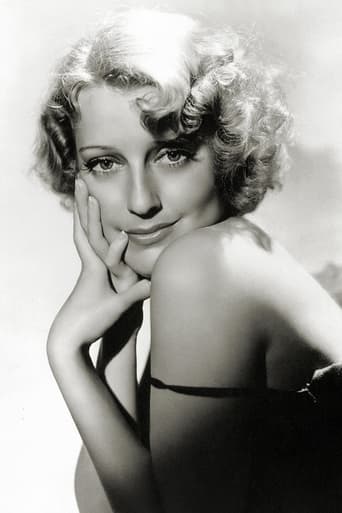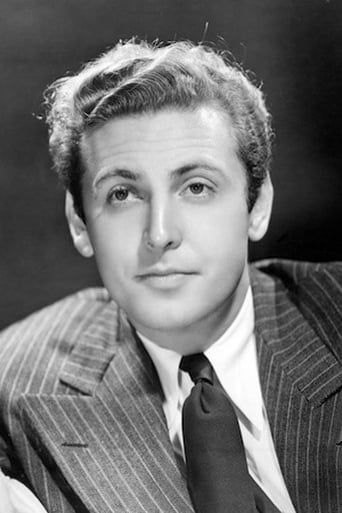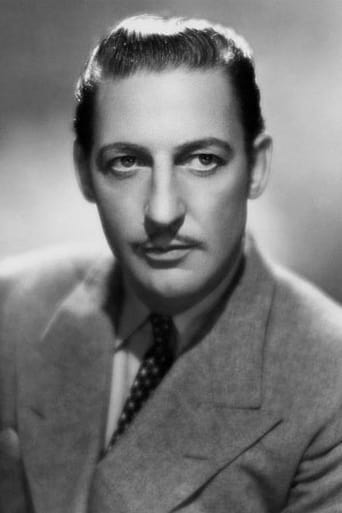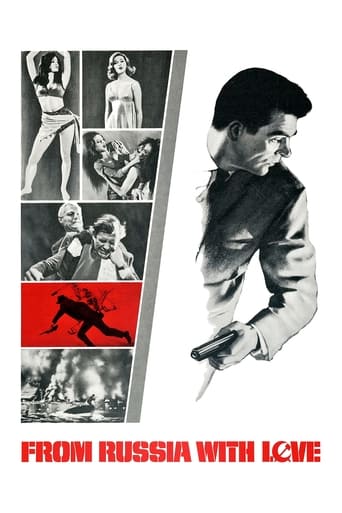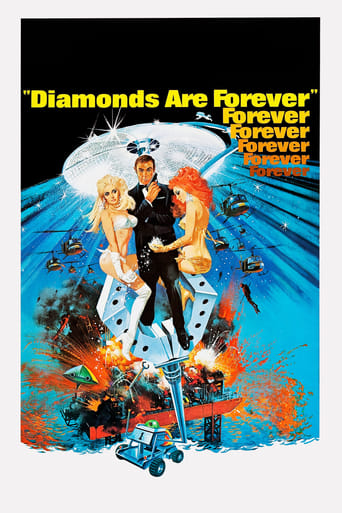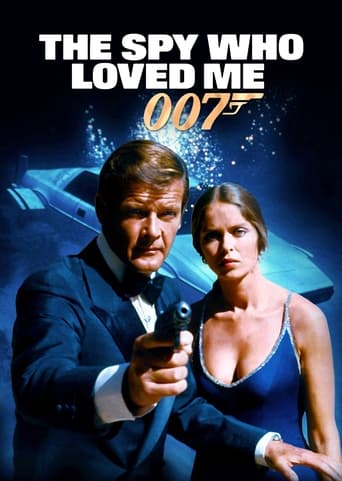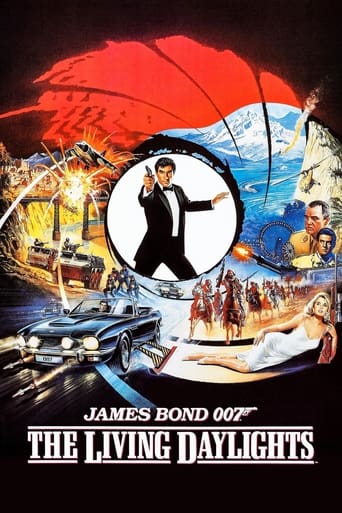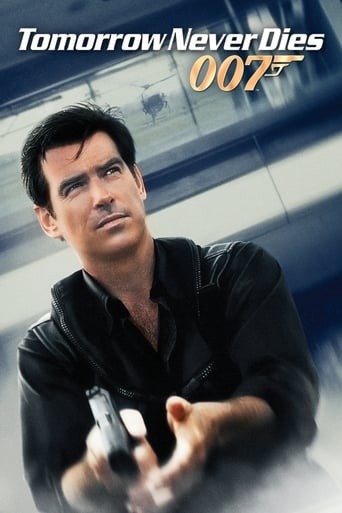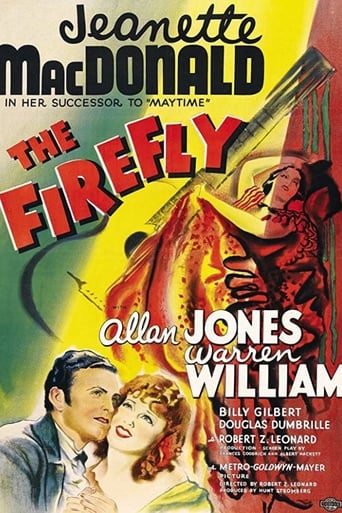

The Firefly (1937)
Nina Maria Azara is the beautiful and alluring singing spy for Spain during the Napoleonic Wars. Her mission is to seduce French Officers, in order for them to reveal Napolean's intentions toward Spain. She is sent to Bayonne, France to gather military secrets. Prior to this, she meets, Don Diego while performing at a club. Unknown to her, Don Diego is actually Captain Andre, who is sent to Spain to spy on her. While in France, Nina discovers Diego's true identity, only after she has fallen in love with him. Nina Maria outwits her potential captors and returns to Spain, and goes into hiding. Napoleon's troops invade Spain, resulting in Nina's capture. In a strange twist of fate, Nina and Captain Andre are reunited, but, the 2 nations are now at war... Written by Kelly
Watch Trailer
Cast
Similar titles
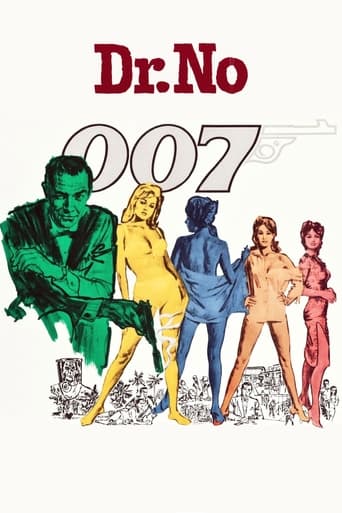
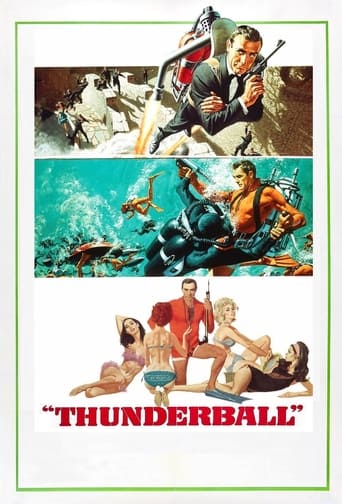
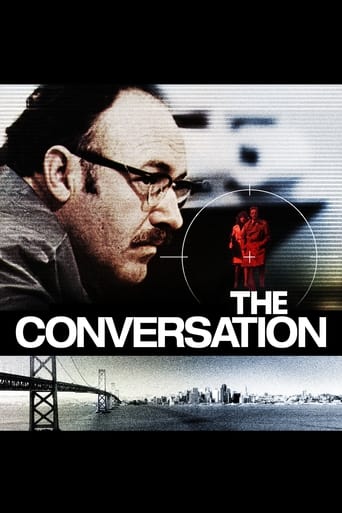
Reviews
Overrated and overhyped
Just perfect...
Excellent but underrated film
Best movie ever!
Allan Jones has a wonderful voice, but a rather bland personality. He is no match for Jeannette MacDonald, who here gives her best dramatic performance on screen with not much to play against. Warren William is the villain and he has more presence than Jones.Jones and MacDonald play spies, he for France and she for Spain, during Napoleon's attempt to kidnap the King of Spain and add that country to his fiefdom. There is much intrigue and a few songs along the way, the best known being The Donkey Serenade and Gianina Mia. The problem lies in the length of the scenes and musical numbers. This film could easily have had half an hour snipped out of it, bringing it closer to conventional playing times of the period. At 2 hours, 10 minutes, it is just too long. And it is heavy-handedly directed and written.The original operetta from 1912 had a few good tunes. Friml was third in line of talent, behind Romberg and Herbert, as America's trio of operetta composers. The score is just not good enough to mount a major film around.MacDonald is always worth seeing, as she either matches or outshines her best material. This one, like Broadway Serenade a few years later, was not one of her best films and is recommended for her fans and those of Jones only.
The reviews here that say the movie is too long (or "too long for a 1930s musical") must be written by people from fleet street. The movie is as long as it needs to be for a nicely complex storyline, nicely told with lots and lots of beautiful music to entertain, and Jeanette even gets a lot of dancing and wonderful non-dance choreography through crowds of men that she tantalizes with her charm.The love scenes between MacDonald and Jones are funny, sweet, captivating, and the necessary betrayals are handled well and understandably from both sides.I loved every minute of this film and would not have wanted it shortened. All the songs are hummable and lively/romantic. MacDonald's intelligence and sense of humor underlie everything she does, as when she says to Jones after his beautifully sung love song, "Well, perhaps I shouldn't tell you this, but you know that part where you sing, 'My heart's your throne dear, my heart's your throne dear, There you shall rule alone...' with the music building just before the high note?""Yes?""I was wondering... but, no, perhaps I shouldn't tell you.""Tell me.""Well, I was wondering ... if you were going to make it."Or when Jones complains to her, "You're always saying goodbye," and she replies, "All right then, I won't say goodbye. I'll just ... go."Her comic timing is lovely.In fact, she has never been lovelier than in this movie, and the two of them together are just a lot of doggone fun and romance.
This is one of the most problematic and, in the end, unsuccessful 1930s musicals I have ever seen.It had everything going for it. The was very clearly a big-budget movie. MacDonald is really in very good form here, as is Jones. And there is wonderful chemistry between them. If this had been a better movie, it could, perhaps, have led to a whole string of good musicals with the two of them.But things get in the way of this being a success.The movie is 2 hours and 10 minutes long, which is WAY to long for a 1930s musical, especially one with so little music. It starts out in a routine fashion, but there is FAR too much plot, and FAR too complicated - the politics in Spain at the beginning of the 19th century, which would have meant nothing to most 1930s Americans. That takes forever to work out, and who would care?* And then, in the end, where the story has become very dramatic and very complicated, suddenly we cut to Jones and MacDonald singing the two hit songs in a carriage, as if nothing else mattered. And it shouldn't have.The fact that Jones turns out to be a French counterspy makes everything much too serious.In short, the new plot that MGM came up with for this musical was its undoing.Given the few musical numbers here, a 90 minute fluff plot would have been fine. 130 minutes of serious drama overwhelms the music, makes us forget the good chemistry between MacDonald and Jones, and basically ruins what could have been an enjoyable romantic comedy with music.A shame.----------------------------* Rewatching it on TCM, I thought about the historical circumstances of the movie, to see if all this historical plot could have been meant to have any contemporary relevance. Briefly, the movie deals with Napoleon's scheming to put a puppet, his brother, on the throne of Spain, so that he can annex it, and then the English efforts to work with the Spanish people, a sort of resistance movement, to drive the French invaders out. The Spanish Civil War had started in 1936, the year before this movie was released, but it's hard to see much parallel there. Austria had yet to be annexed, though its president had been assassinated in 1934. In the end, I can't see how all this plot could have been intended to be seen as commentary on 1930s European politics. Besides, using the French to represent the Nazis or the Italian Fascists would have been a bizarre thing to do, as by 1937 they were one of the major anti-Fascist forces in Europe.
Wonderful mix of music, romance and comedy but I concede a trifle too long, the length however acceptable with these two. Jeanette MacDonald could do everything; sing beautifully, act as well and surprisingly (I just watched this one after many years) a gifted dancer. MacDonald and Jones are quite compatible and I can see where, had fate taken a hand, it could have been these two and not Nelson Eddy, not to downgrade Nelson's resonant baritone in any way. Allan Jones was a better actor, and was one of the finest tenors in movie history. There was one brief comic bit I found hilarious -- it was so short it may have been overlooked by many. Don Diego (Allan Jones) is singing the famous Donkey Serenade to MacDonald as she rides along in a coach. He sings the line "But try as she may, in her voice there's a flaw", to this jibe at her voice, Jeanette's displeasure shows in a grimace! The expert supporting cast is up to MGM'S standards; Warren William, Billy Gilbert, George Zucco, Douglas Dumbrille, Henry Daniell and even a one-line appearance by Ralph Byrd (a.k.a. Dick Tracy in the 1940's). I highly recommend this film, especially to fans of light operetta. The music is delightful and Jeanette and Allan give it their all. Jones' last appearance was a 1980 role on the Love Boat TV program. Upon retirement from the screen (big screen and little) he became a dentist, quite a surprise. I wonder if he sang for his patients? If he did I'm sure his waiting list was the envy of his fellow dentists.
